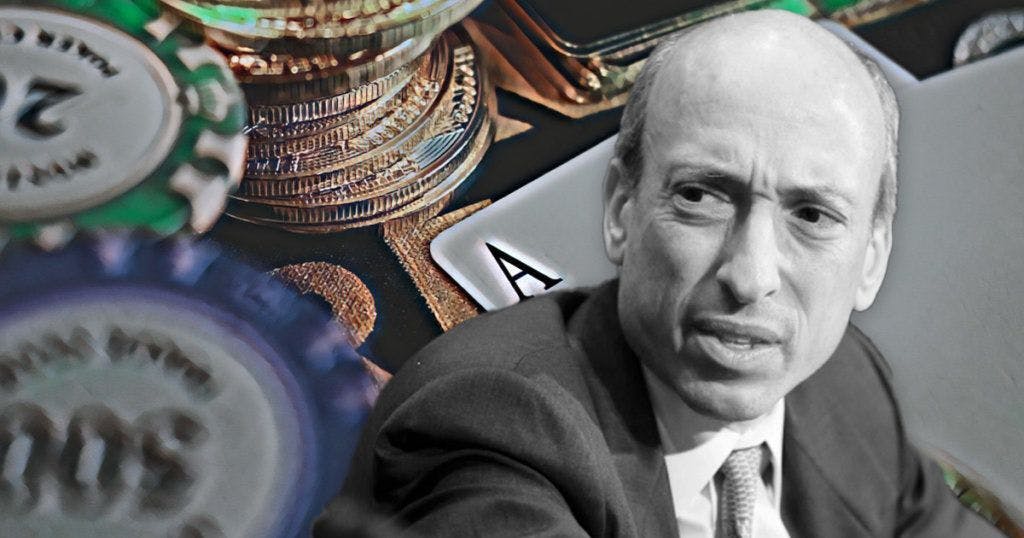293 reads
Gary Gensler Comments Hint at Incoming Stablecoin Regulation
by
October 1st, 2021

FluidFi builds the bridge between TradFi and DeFi, a neo-bank with access to savings and DeFi products
About Author
FluidFi builds the bridge between TradFi and DeFi, a neo-bank with access to savings and DeFi products
